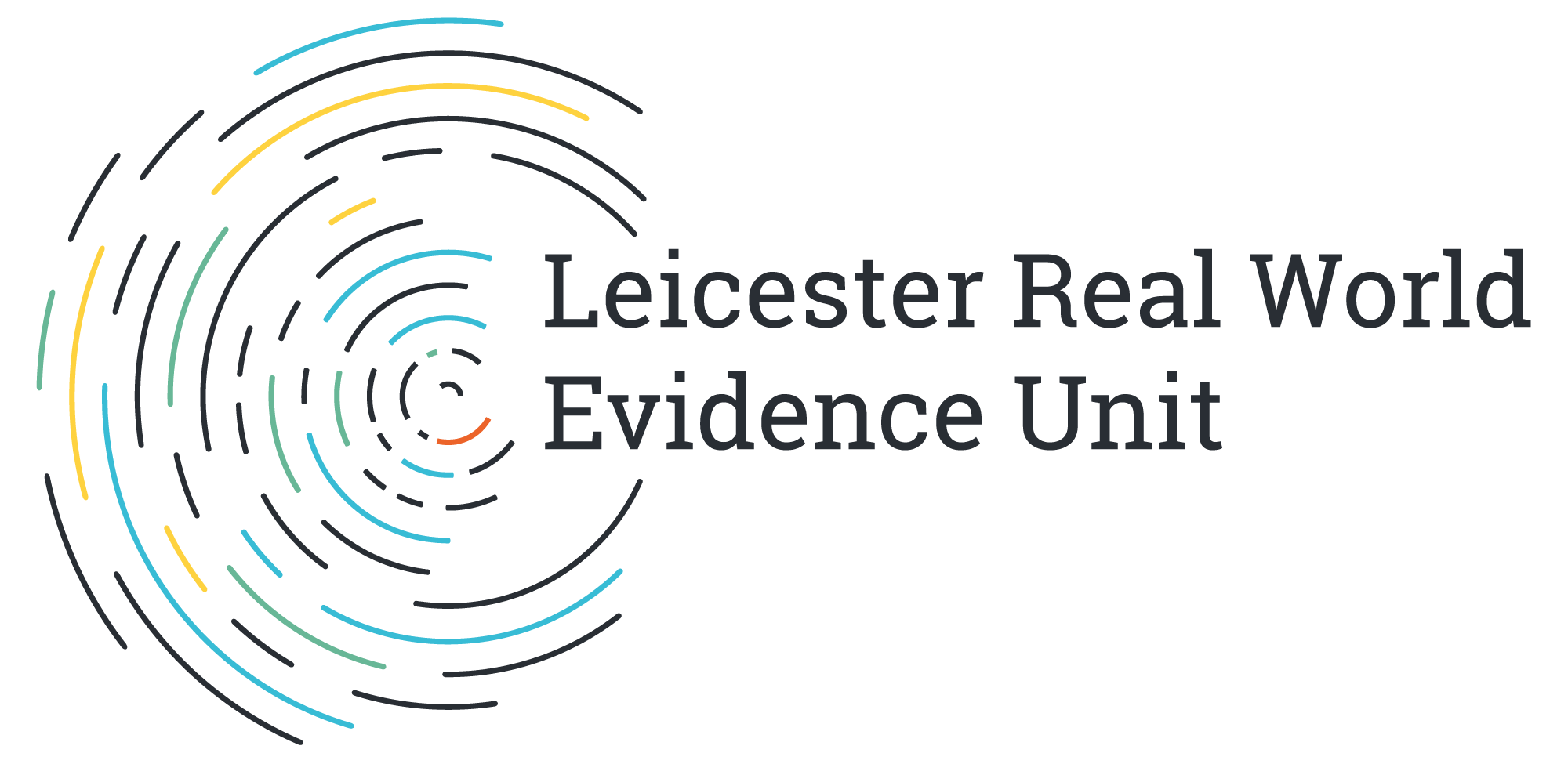MiFoot, My Health, My Life
Developing and Evaluating A Multifactorial Intervention to Improve Cardiovascular Outcomes in Adults with Type 2 Diabetes and Current or Previous Diabetic Foot Ulcers (MiFoot)
The MiFoot project, led by Chief Investigator Prof. Kamlesh Khunti, aims to address the heightened risk of cardiovascular disease (CVD) in adults with Type 2 Diabetes (T2D) and current or previous Diabetic Foot Ulcers (DFUD). This specific group of individuals faces significantly higher rates of CVD-related complications, making it a critical area of focus for intervention.
https://www.diabetes.org.uk/research/our-research-projects/midlands/mifoot-my-health-my-life
The project's main objective is to reduce CVD events, including mortality, in this vulnerable population. Traditional CVD interventions may not be suitable due to contraindications, such as weightbearing physical activity and certain glucose-lowering medications. Therefore, there is an urgent need for an evidence-based CVD prevention intervention tailored to the unique challenges faced by individuals with T2D and DFUD.
The project consists of four essential workstreams:
Workstream 1 (WS1): Analysing primary and secondary care data to understand healthcare needs, disease burden, and factors associated with DFUD. The incidence of CVD-related events and mortality will also be estimated.
Workstream 2 (WS2): Conducting a systematic review, meta-analysis, and mixed treatment comparison of existing interventions for people with DFUD. This analysis will inform the design of the new intervention by identifying effective strategies from previous studies.
Workstream 3 (WS3): Developing a multifactorial complex intervention to reduce CVD events in individuals with T2D and DFUD. The intervention will be designed based on qualitative studies, insights from WS1 and WS2, patient and healthcare professional input, and the project team's expertise. The intervention may involve one-to-one, group, and online sessions targeting medication optimization and behaviour change, including seated exercise. The expected economic benefit of implementing the intervention will also be estimated.
Workstream 4 (WS4): Conducting a randomised controlled trial with an internal feasibility study and process evaluation to test the effectiveness and cost-effectiveness of the developed intervention. The primary outcome will be an extended Major Adverse Cardiovascular Event (MACE) composite, and 392 participants will be randomized to either the intervention or control group.
The project will actively involve Patient and Public Involvement/Engagement (PPI/E) throughout its various stages.
By addressing the unmet patient need for a comprehensive CVD prevention intervention, MiFoot aims to significantly improve cardiovascular outcomes for individuals with T2D and DFUD. Through rigorous research methods and a patient-centric approach, the project seeks to pave the way for better health and quality of life for this high-risk population.


